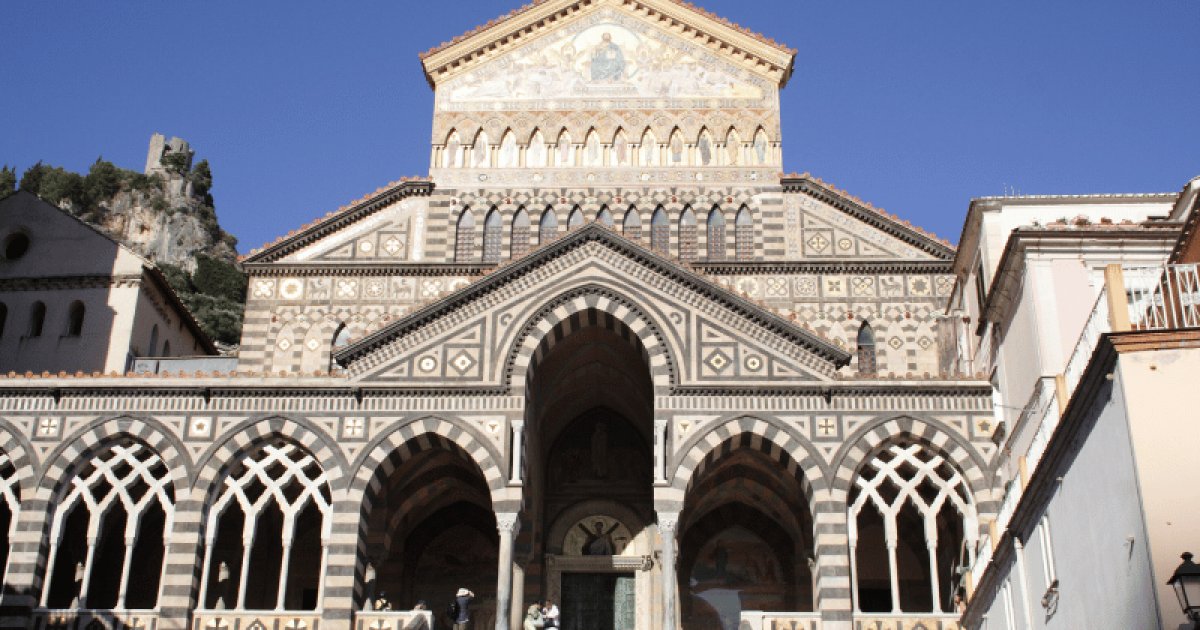St. Andrew
 Language: English / USA
Language: English / USA
Saint Andrew the Apostle is a figure of great importance in the Christian tradition, revered as one of the twelve apostles of Jesus Christ. Born in Bethsaida, in the region of Galilee, he was the brother of Simon Peter and, like him, a fisherman by profession.
Andrew encountered Jesus through John the Baptist and, after following him, became one of his earliest disciples. He is known for being the first to be called by Jesus along with his brother Peter while they were engaged in fishing.
During Jesus' ministry, Andrew witnessed numerous miracles and teachings of the Master. After Jesus' death and resurrection, Andrew became one of the primary spreaders of the Gospel, traveling and preaching in various parts of the world.
According to tradition, after preaching in Asia Minor and northern Greece, Andrew arrived in Russia, where he is said to have founded the Church of Constantinople. His preaching also took him to territories such as Scotland and Romania. However, there are many different versions regarding his travels and missionary activities.
The martyrdom of Saint Andrew took place in Achaia, Greece, where he was crucified on a cross shaped like an X, which is now known as the "cross of Saint Andrew." It is said that he accepted his sentence with great courage, considering himself unworthy to die on the same form of cross as Jesus, and praying for those who were executing him.
The memory of Saint Andrew is celebrated on November 30th in the Catholic Church and on November 30th or December 13th in the Orthodox Church. He is considered the patron saint of several nations and cities, including Scotland, Russia, Greece, and Patras.


